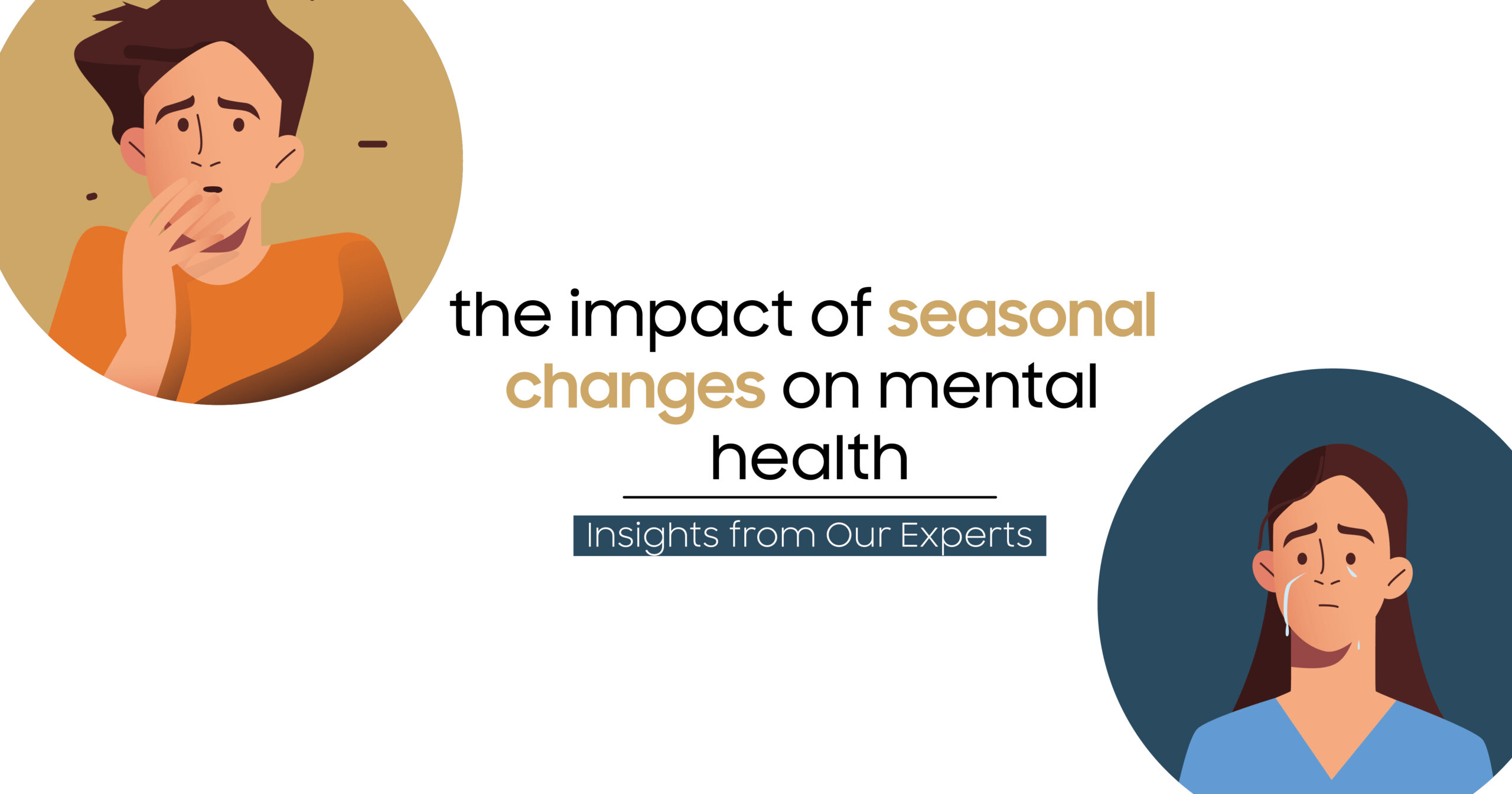Quick Summary
Seasonal changes affect mood, energy levels, and mental well-being through patterns like Seasonal Affective Disorder, which typically occurs during fall and winter when daylight decreases.
Light therapy, particularly morning exposure to bright light, helps regulate mood and alleviate depressive symptoms during darker months.
Self-care practices including regular exercise, healthy eating, sufficient sleep, and maintaining consistent daily routines provide stability during seasonal transitions.
Key Takeaways
- Implement morning light therapy sessions for clients experiencing mood changes during fall and winter to regulate circadian rhythms and reduce depressive symptoms.
- Build marketing campaigns around seasonal mental health challenges by addressing specific pain points like summer stress from social obligations or autumn anxiety from routine disruptions.
- Create content that promotes structured daily routines and self-care activities as practical coping mechanisms clients can adopt during seasonal transitions.
- Position your treatment center as a seasonal support resource by highlighting therapy and counseling services that help clients navigate cyclical mood patterns throughout the year.
Seasonal changes can have a profound impact on mental health, affecting mood, energy levels, motivation, and overall well-being. At Into the Light, our experts understand the connection between seasons and mental well-being. In this article, we explore the influence of seasonal changes on mental health, discuss common challenges individuals may experience, and share expert insights and strategies to mitigate these effects.
The Connection Between Seasons and Mental Health
Seasonal Affective Disorder (SAD)
Seasonal Affective Disorder is a type of depression that occurs in a cyclic pattern, typically during the fall and winter months when daylight hours decrease. SAD can lead to feelings of sadness, low energy, and changes in appetite and sleep patterns.
Summer Season and Mental Health
While summer is often associated with positive moods and increased social activities, some individuals may experience challenges. Heat-related discomfort, body image concerns, disrupted routines, or increased stress due to travel and social obligations can impact mental well-being during this season.
Transitional Seasons and Mental Health
The transitional periods between seasons, such as spring and autumn, can also affect mental health. These seasons bring changes in weather, daylight, and activities, which may disrupt routines, create uncertainty, and trigger anxiety or melancholy for some individuals.
Expert Insights and Strategies
Light Therapy
For individuals experiencing SAD or mood changes during darker months, light therapy can be beneficial. Exposure to bright light, especially in the morning, can help regulate mood and alleviate depressive symptoms. Into the Light experts provide guidance on proper light therapy use and recommend consulting with healthcare professionals for personalized advice.
Prioritizing Self-Care
During challenging seasons, prioritizing self-care is paramount. Engaging in activities that promote mental well-being, such as regular exercise, healthy eating, sufficient sleep, and relaxation techniques, can help individuals navigate seasonal difficulties more effectively.
Creating Structure and Routine
Maintaining a consistent routine can provide stability and support during seasonal changes. ITL experts advise individuals to establish daily schedules, incorporating activities that promote physical and mental health, as well as ensure regular sleep patterns.
Seeking Support
If seasonal changes significantly impact mental well-being, seeking support from mental health professionals or organizations like Into the Light can be beneficial. Therapy, counseling, or support groups can provide guidance, coping strategies, and a safe space for individuals to share their experiences and emotions.
Embracing Seasonal Activities
Engaging in seasonal activities that bring joy and connection can help counterbalance the challenges of seasonal changes. ITL experts encourage individuals to embrace seasonal traditions, spend time in nature, connect with loved ones, and find activities that promote feelings of happiness and fulfillment.
Conclusion
Seasonal changes can have a profound impact on mental health, but with awareness and proactive strategies, individuals can mitigate the challenges. Into the Light’s experts understand the connection between seasons and mental well-being, providing valuable insights and strategies to navigate seasonal changes successfully. Whether it’s coping with SAD, managing summer-related stresses, or adapting to transitional periods, prioritizing self-care, seeking support, and embracing enjoyable seasonal activities can help individuals maintain and enhance their mental well-being throughout the year.


